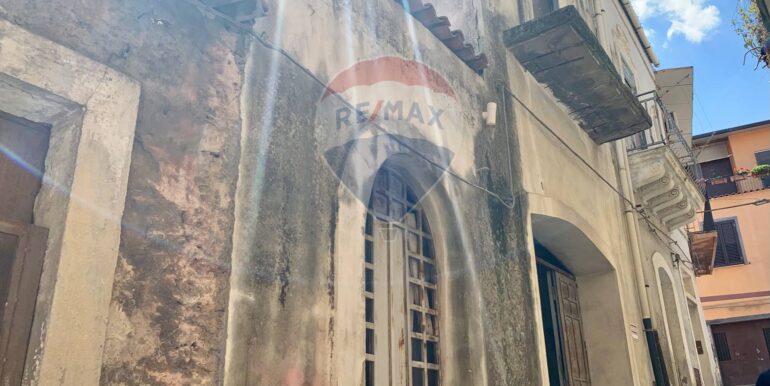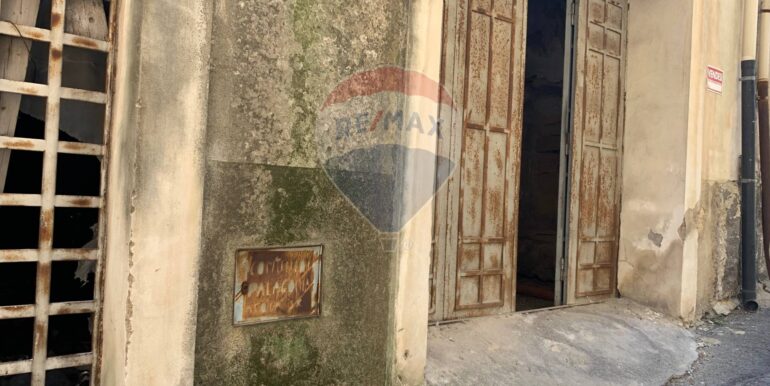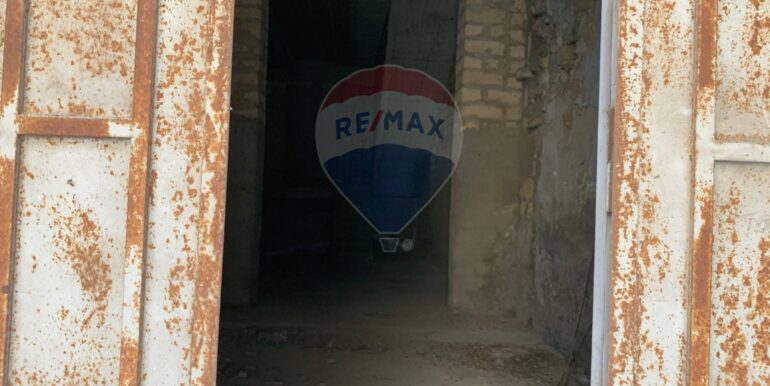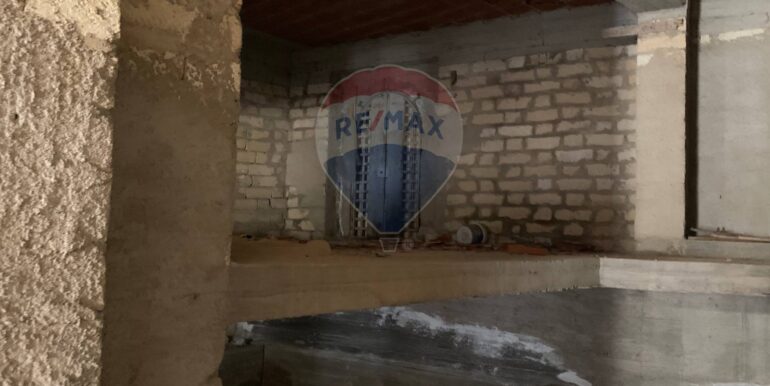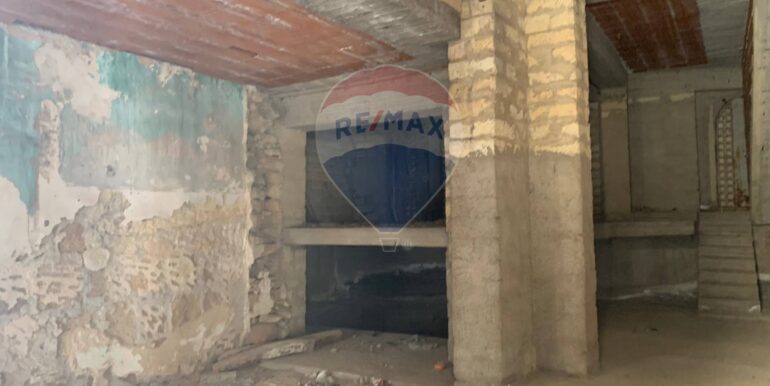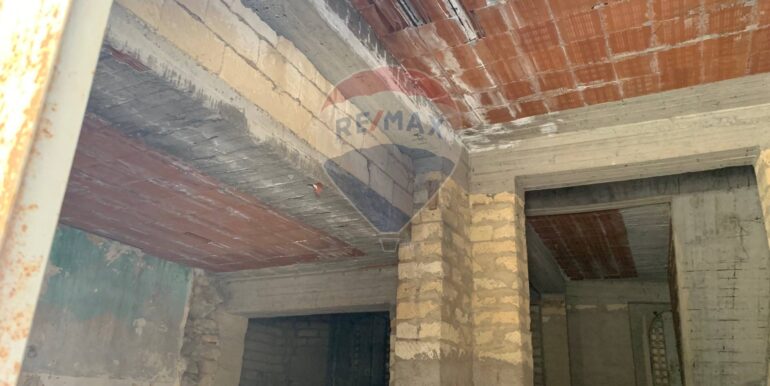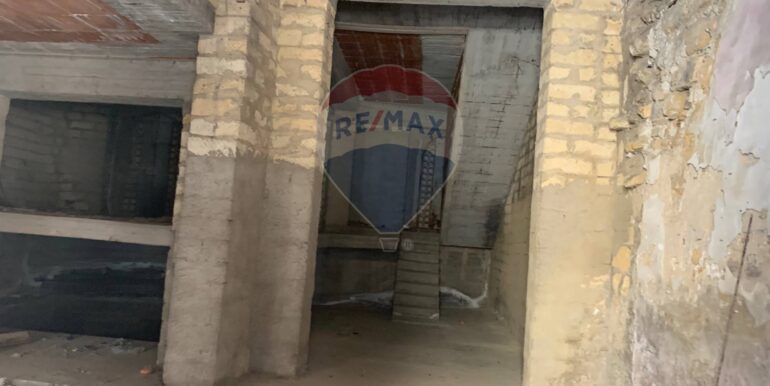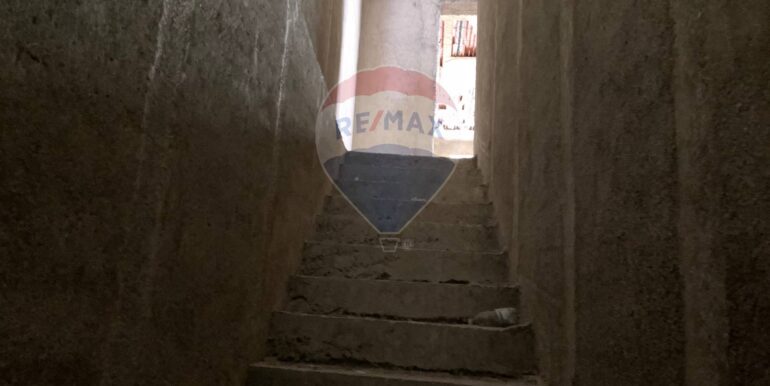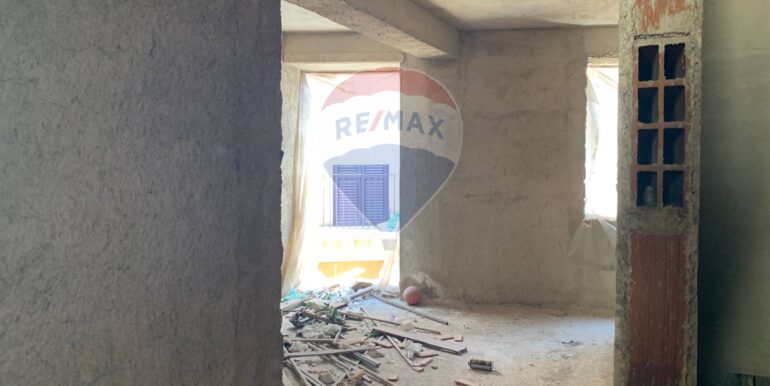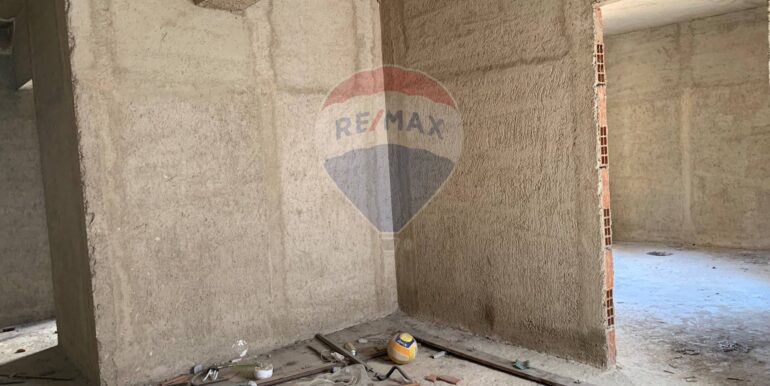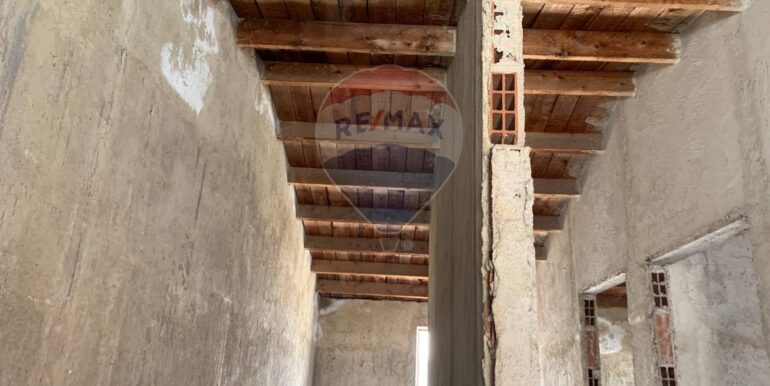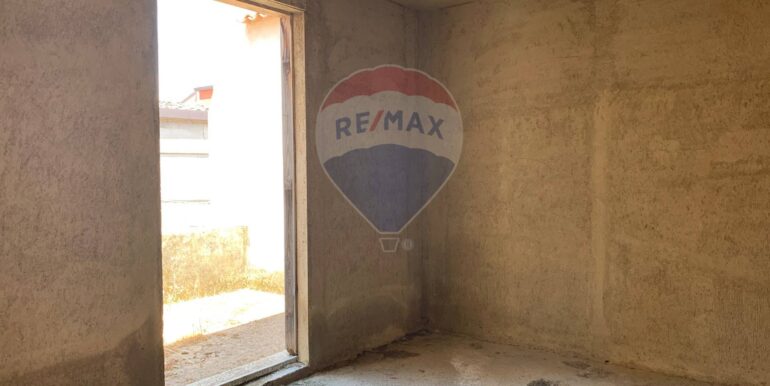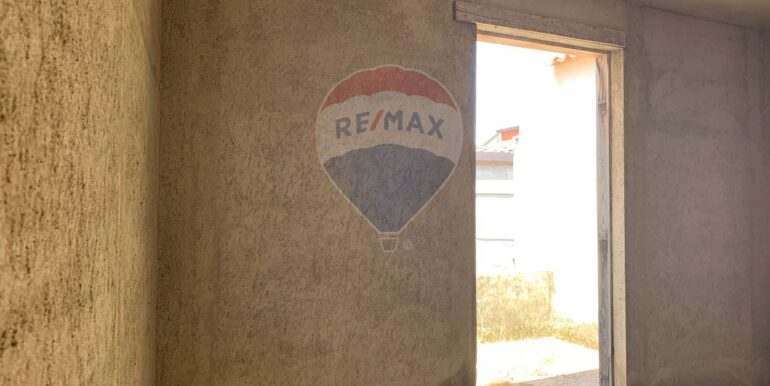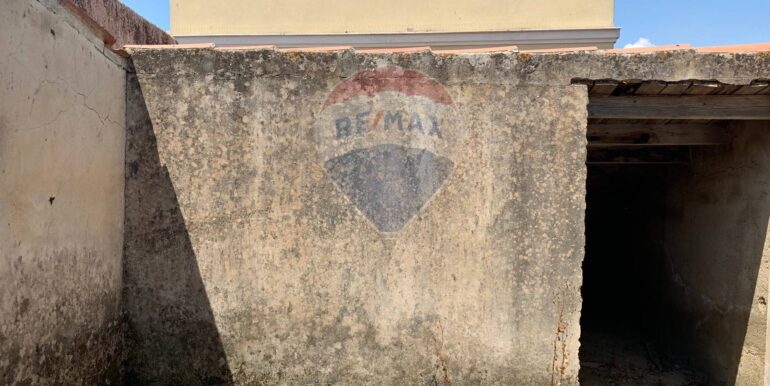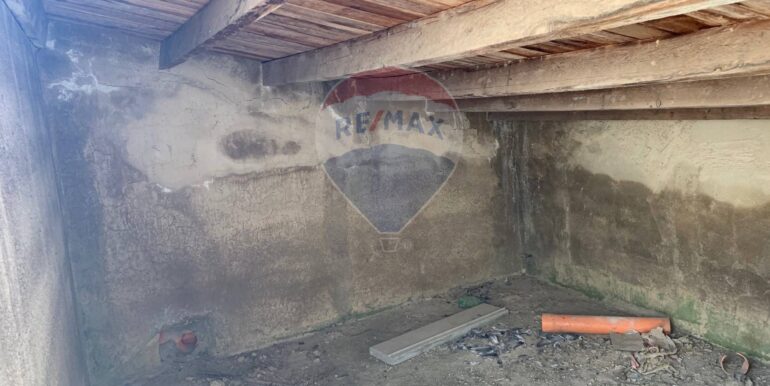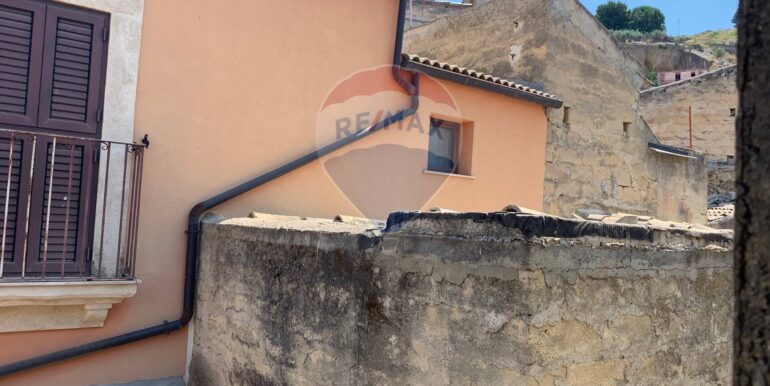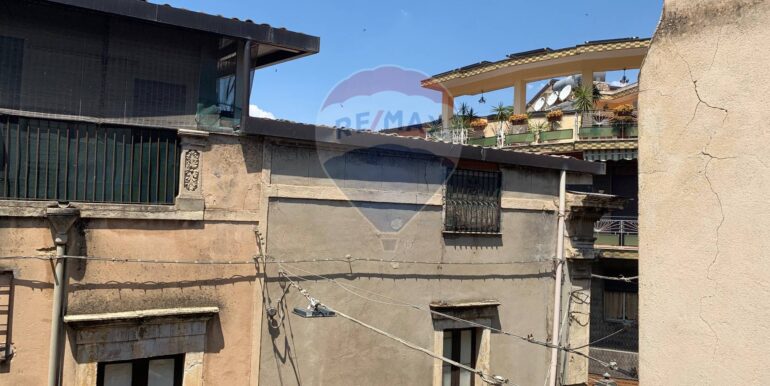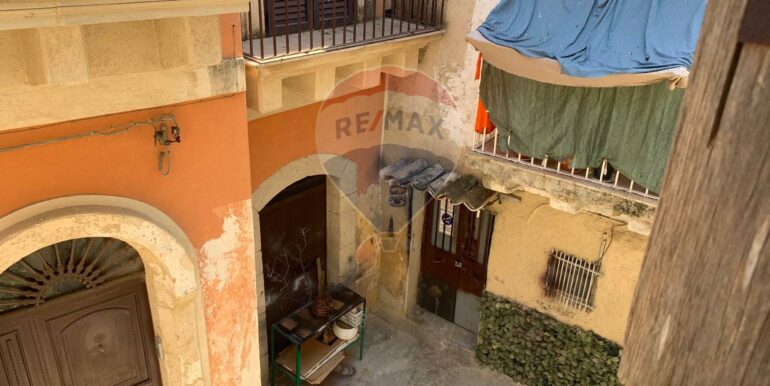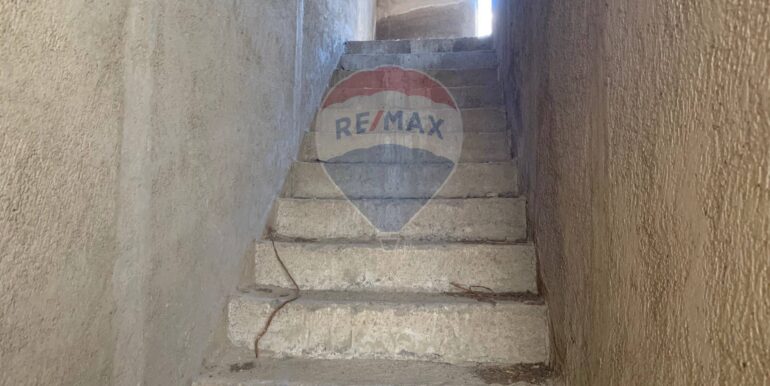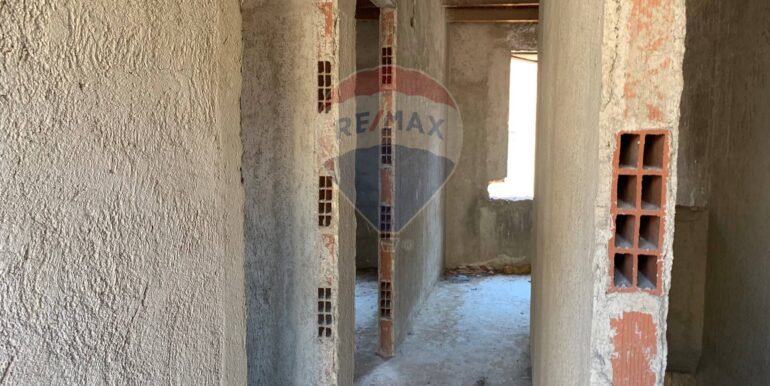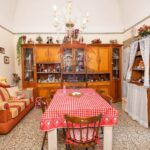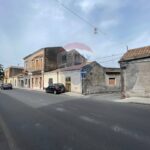Vendita 20.000,00€ - Casa indipendente
Classe energetica: G – EPgl,nren: 3,51 kWh/m² – A Palagonia, una cittadina ricca di storia, di monumenti e luoghi dinteresse; abbiamo in vendita un magnifico palazzetto in stato grezzo di circa 140 mq divisi in più piani; esattamente allinterno del centro storico. Limmobile si presta sia come casa padronale che come piccolo B&B, per continuare la riqualificazione del centro storico; ridando così lustro ad una cittadina che per secoli è stata un punto strategico non solo nella difesa ma anche nelle vie di comunicazione.
Palagonia fonda le sue origini già nella preistoria. Sembra che Paliké, nei pressi dell’odierna Palagonia, sia stata fondata nel 453 a.C. da Ducezio, che ne fece la capitale del suo Stato.
Ai tempi dei Siculi, Paliké era probabilmente già diventata un centro politico e religioso importante e vi era situato un celebre santuario. La tradizione narra che gli dei chiamati Palici, fossero nati dalle acque sulfuree del lago di Naftia, di origine vulcanica. Il tempio ad essi dedicato era probabilmente situato sulle sponde del lago stesso. Oggi il laghetto, detto anche mofeta dei Palici, non è visibile in quanto i suoi gas sono sfruttati industrialmente.
Il Feudo passò dalla dominazione normanna nel Medioevo e tra il XII e il XIV secolo appartenne ad alcune tra le famiglie aristocratiche più importanti della Sicilia (Alagona, Ventimiglia, Passaneto, ecc.) Nel 1407 Giacomo Gravina divenne signore del feudo e da allora in poi le vicende della città saranno legate al nobile casato dei Gravina-Cruyllas, fino alla morte di Francesco Paolo Gravina, ottavo e ultimo principe di Palagonia, avvenuta nel 1854.
Il principe non aveva eredi e per testamento lascia tutti i beni ai poveri di Palermo, dimenticando che gli abitanti di Palagonia erano stati sudditi fedeli della sua famiglia per più di cinque secoli. Da questo momento in poi i contadini palagonesi iniziarono la lotta per ottenere la terra che avevano lavorato da sempre; fino a quando nel 1923 ottennero i primi atti di compravendita.
Lotte per la terra si ebbero ancora negli anni cinquanta quando i Palagonesi, insieme ai contadini di Mineo e Grammichele occuparono le terre del feudo di Naftìa del principe Grimaldi. Nell’immediato dopoguerra Palagonia ha subìto una trasformazione notevole: l’impianto di aranceti ha portato vistosa ricchezza al paese.
Se abbiamo un sogno nel cassetto realizziamolo!
Disse una grande donna “La vita è un sogno fanne una realtà” M.T
——————————-
In Palagonia, a town rich in history, monuments and places of interest that have their origins in ancient times; we have for sale a magnificent building in a rough state of about 140 square meters divided into several floors; exactly inside the historic center. The property is suitable both as a manor house and as a small B&B, to continue the redevelopment of the historic center; thus restoring luster to a town that for centuries has been a strategic point not only in defense but also in communication routes.
Palagonia has its origins already in prehistory. It seems that Paliké, near today’s Palagonia, was founded in 453 BC by Ducezio, who made it the capital of his state.
At the time of the Sicilians, Paliké had probably already become an important political and religious center and a famous sanctuary was located there. Tradition has it that the gods called Palici were born from the sulphurous waters of Lake Naftia, of volcanic origin. The temple dedicated to them was probably located on the shores of the lake itself. Today the lake, also called mofeta dei Palici, is not visible as its gases are exploited industrially.
The Feud passed from Norman domination in the Middle Ages and between the 12th and 14th centuries it belonged to some of the most important aristocratic families of Sicily (Alagona, Ventimiglia, Passaneto, etc.). In 1407 Giacomo Gravina became lord of the fief and from then on the events of the city will be linked to the noble family of Gravina-Cruyllas, until the death of Francesco Paolo Gravina, eighth and last prince of Palagonia, which took place in 1854.
The prince had no heirs and by testament he left all the assets to the poor of Palermo, forgetting that the inhabitants of Palagonia had been faithful subjects of his family for more than five centuries. From this moment on, the Palagonese peasants began the struggle to obtain the land they had always worked; until in 1923 they obtained the first deeds of sale. Land struggles still took place in the 1950s when the Palagonese, together with the peasants of Mineo and Grammichele, occupied the lands of Prince Grimaldi’s fief of Naftìa. In the immediate post-war period, Palagonia underwent a notable transformation: the planting of orange groves brought conspicuous wealth to the town.
If we have a dream in the drawer, let’s make it come true!
A great woman said “Life is a dream make it a reality” MT

